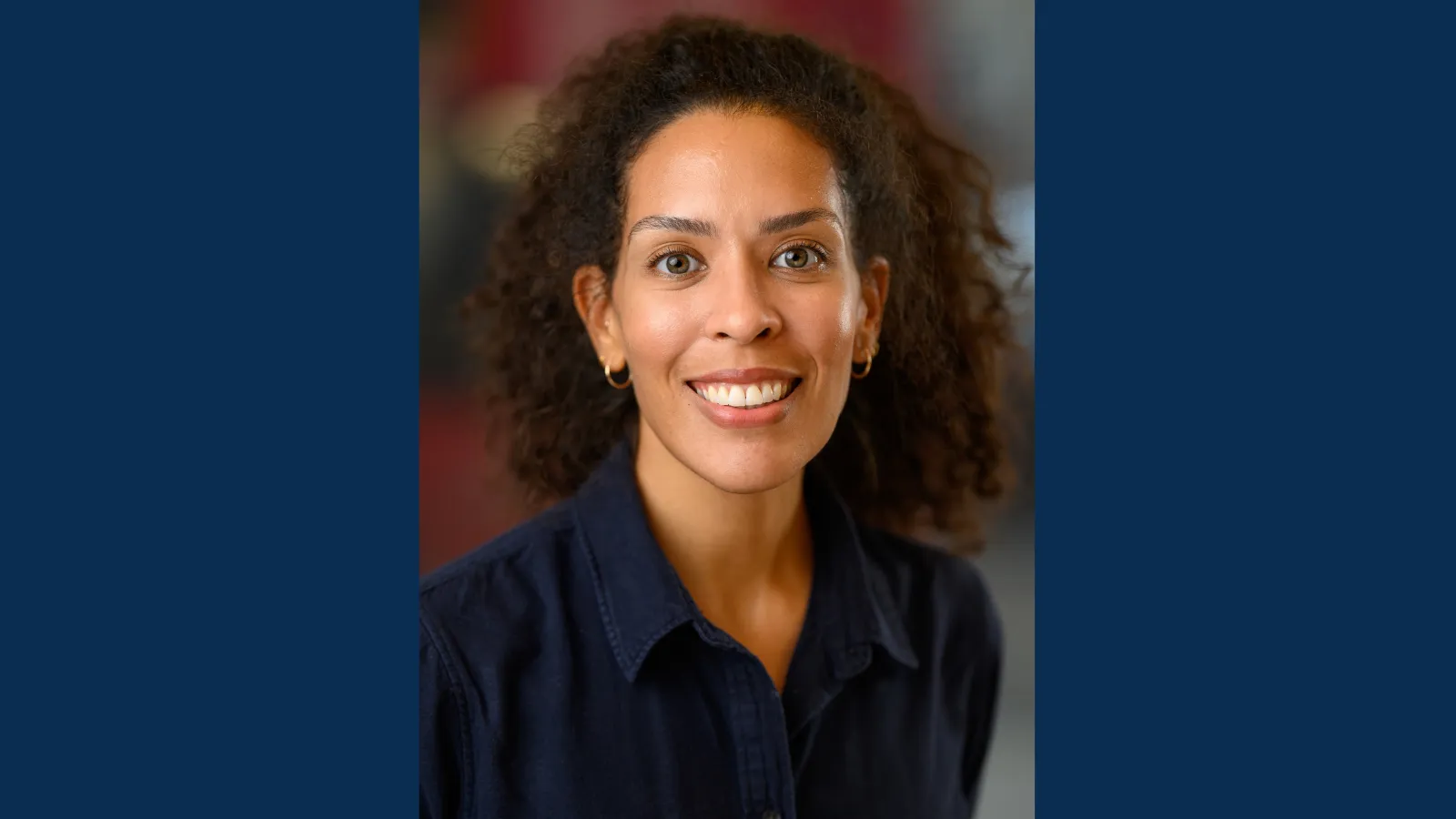I am absolutely delighted at the news that our colleagues have received this important new award. This award has been set up to support researchers from underrepresented groups and this is closely aligned with King’s commitment to creating an inclusive and diverse research culture to deliver impactful research.
Professor Sir Bashir M. Al-Hashimi, Vice President for Research and Innovation at King's College London,
28 March 2025
Five King's researchers receive prestigious new Wellcome Accelerator Award
The new scheme will support UK-based researchers of Black, Bangladeshi and Pakistani heritage to reach the next stage of their career
Five researchers from King’s College London have been awarded a new Wellcome Accelerator Award to help further their work in the areas of life, health and wellbeing.
Funding has been awarded to Dr Brenda Hayanga and Dr Tanisha Spratt from the Department of Global Health and Social Medicine, Dr Amber McKenzie and Afra Aabdien from the Institute of Psychiatry, Psychology and Neuroscience and Dr Madiha Shabbir from the Faculty of Life Sciences and Medicine.
The new award has been set up to support researchers of Black, Bangladeshi and Pakistani heritage in the UK to undertake activities that will help them in the next stage of their careers. Researchers who identify as being from a Black, Bangladeshi or Pakistani heritage background are currently underrepresented in UK research.

Dr Tanisha Spratt
Dr Tanisha Spratt is a Senior Lecturer in Racism and Health in the Department of Global Health and Social Medicine at King’s College London. Her research examines the interface between racism-induced health outcomes and holistic anti-racist health approaches.
Her project will examine how Black joy – encompassing expressions of happiness, humour, and cultural pride within Black diasporic communities – can promote health and wellbeing among Black Britons.
She said: “This award holds great significance for me, as it both highlights the value of diverse perspectives in research and offers crucial support to help underrepresented researchers like me thrive. I’m sincerely grateful for this opportunity to further my work, assist others through mentorship and collaboration, and make a meaningful contribution to my field.”
Dr Brenda Hayanga
Dr Brenda Hayanga is an affiliate member at the Department of Global Health and Social Medicine, King’s. She recently completed a Health Foundation funded project which examined ethnic inequalities healthcare people with multiple long-term conditions and identified inequalities in the prevalence, impact, care quality and experience of primary care services for people with multiple long-term conditions.
Her project will explore the lived experiences and support needs of minoritised ethnic people with multiple long-term conditions.
She said: ‘I’m grateful to the Wellcome for funding this project which will provide in-depth understanding of the experiences and challenges of managing multiple long-term conditions from the perspective of minoritised ethnic people, their cares, community leaders, healthcare professionals and policymakers in local and national contexts. The findings will be used to inform to solutions to better support minoritised ethnic people with multiple long-term conditions, many of whom experience disadvantage at all stages of their health journey”
Dr Madiha Shabbir
Dr Madiha Shabbir is a research associate in bioinformatics at Dr. Capon’s Skin Inflammatory Genetics Group, Department of Molecular and Medical Genetics. Her research focuses on understanding the genetic basis of severe multisystem atopic disease.
Her research project is built on data that can functionally characterise the molecular consequences of disease alleles and elucidate their role in atopic dermatitis pathogenesis.
She hopes the award will enable her “to explore the pathogenic role of rare monogenic variants and their broader implications in atopic disease by combining bioinformatics with experimental approaches.”
Dr Amber McKenzie
Dr Amber McKenzie has been part of King’s Centre for Military Health Research (KMCHR) since 2018, recently completing her PhD studies in February 2024. Dr McKenzie’s research interests are mostly in occupational mental health, mental health interventions, mental health implications for minorities and minorities experiences in the military.
Dr McKenzie obtained a Bachelor of Science degree in 2016 in Psychology from Queen Mary, University of London and in 2018 completed her Master of Science degree at King’s College London in Organisational Psychiatry and Psychology.
She said: “The award will provide the opportunity to begin the discovery stages of a new project to improve the experiences of minorities in the workplace including developing and working with a community advisory group. I am hoping the award will lead to further funding to continue improving the health and wellbeing of minorities.”
Dr Afra Aabdien
Dr Afra Aabdien is a postdoctoral research associate at the UK Dementia Research Institute, located within the Maurice Wohl Clinical Neuroscience Institute. She completed her integrated master's degree in Biochemistry in 2019, followed by a PhD in Clinical Neuroscience in 2023, both from King's College London. Dr Aabdien uses her expertise in biochemistry and molecular neuroscience to explore the pathology of amyotrophic lateral sclerosis (ALS).
She said: "I am immensely grateful to Wellcome for granting me the Accelerator Award. This presents an exciting opportunity to advance my research into the molecular mechanisms underlying ALS pathology and will also support the next phase of my academic career. I look forward to collaborating with fellow researchers to explore how ARPP21 may contribute to ALS and identify new mechanisms that may inform potential therapeutic avenues to treat this devastating disease.
